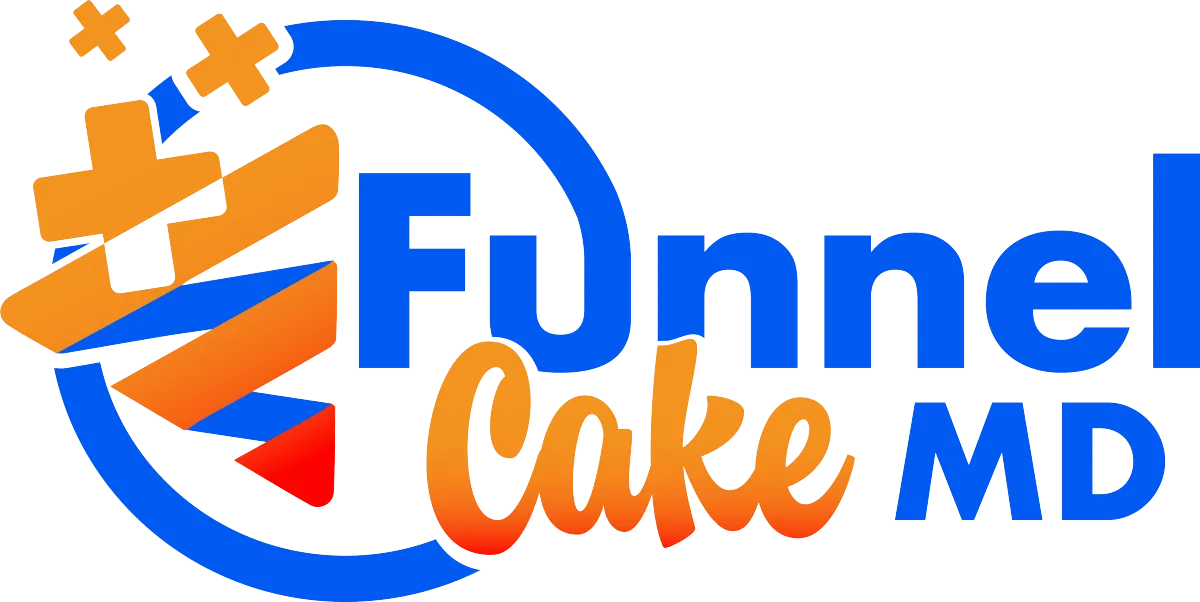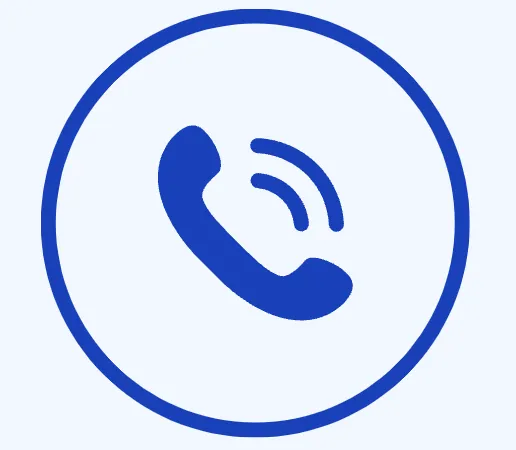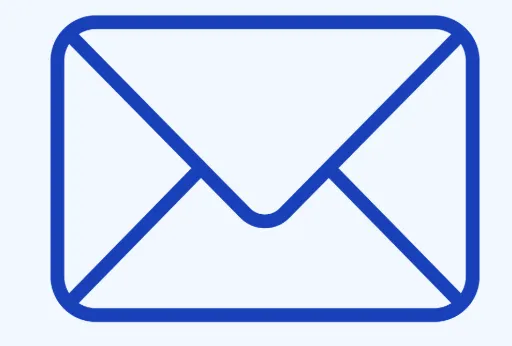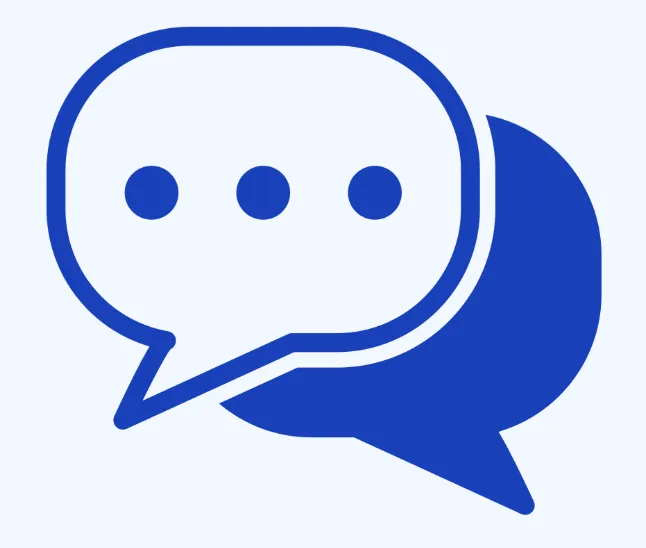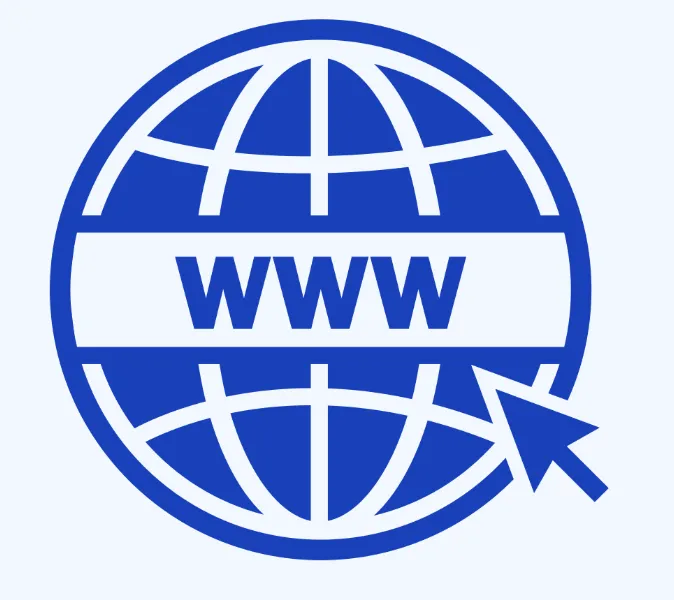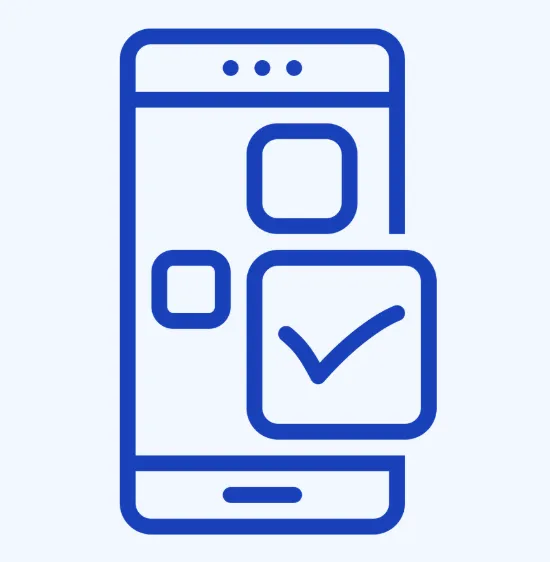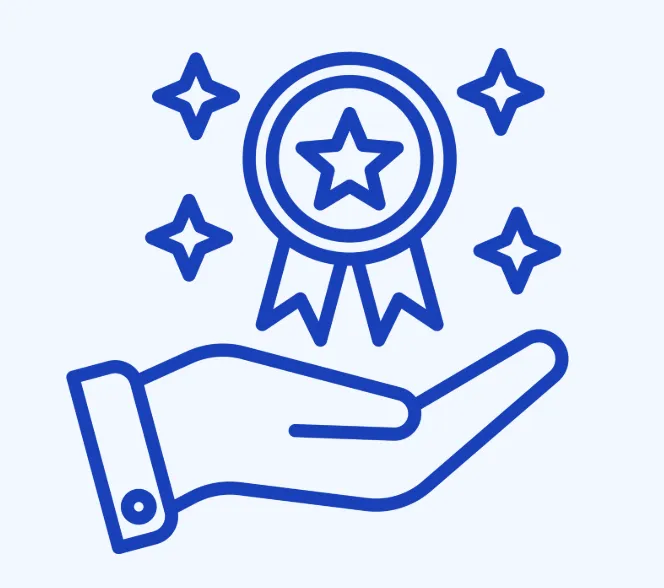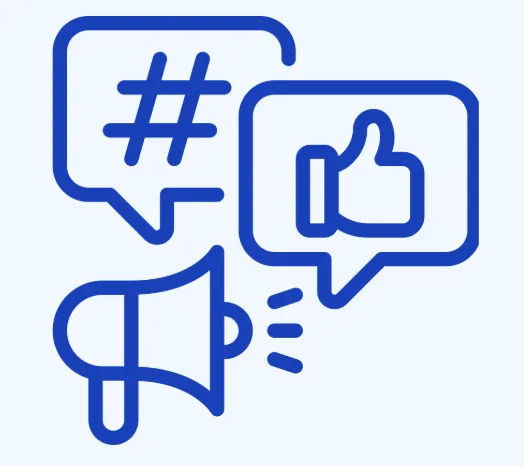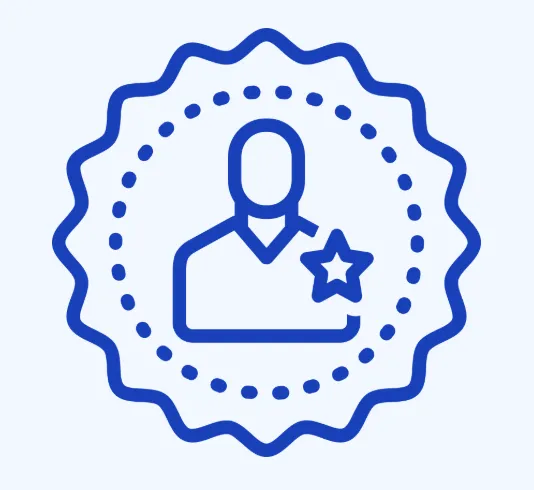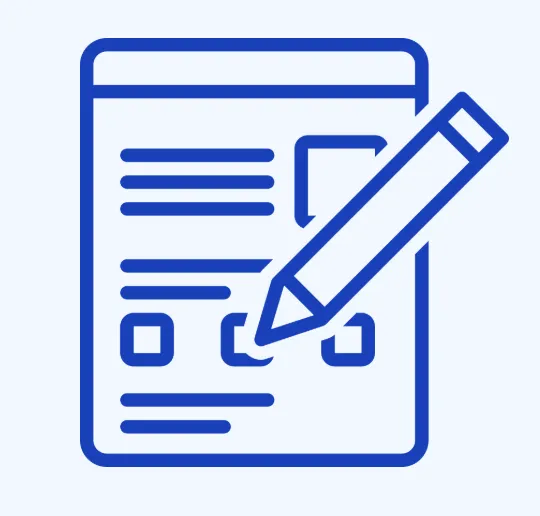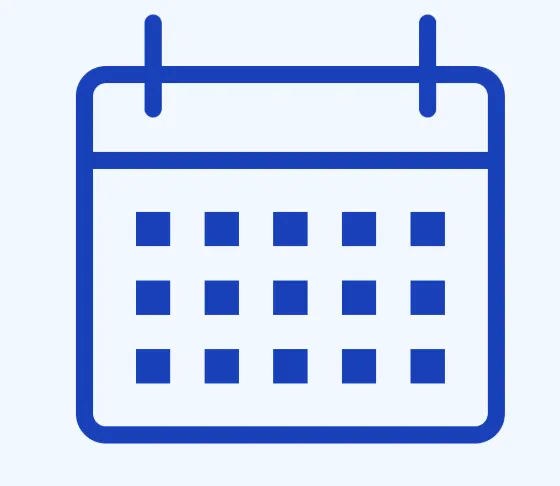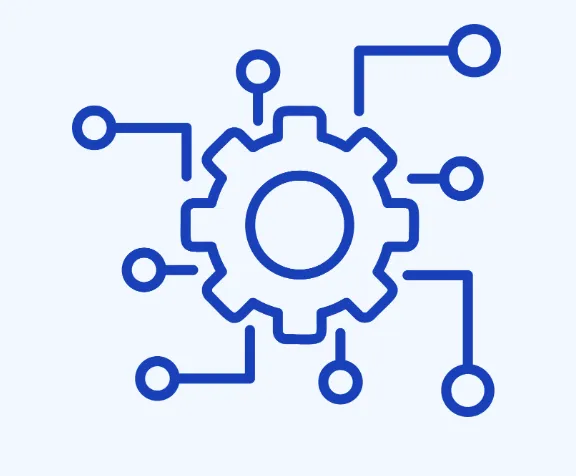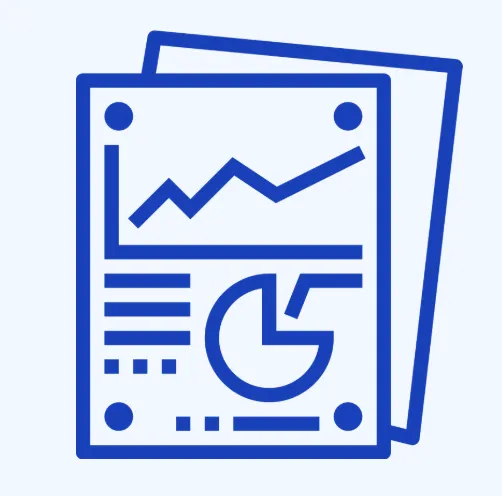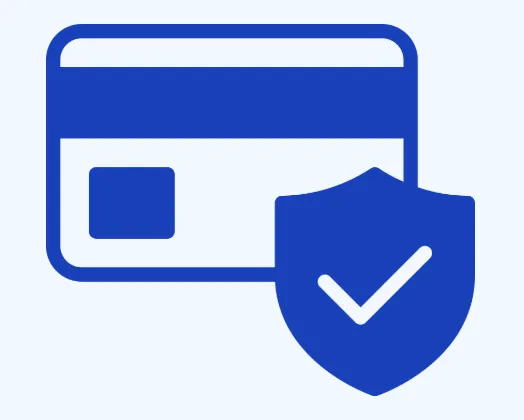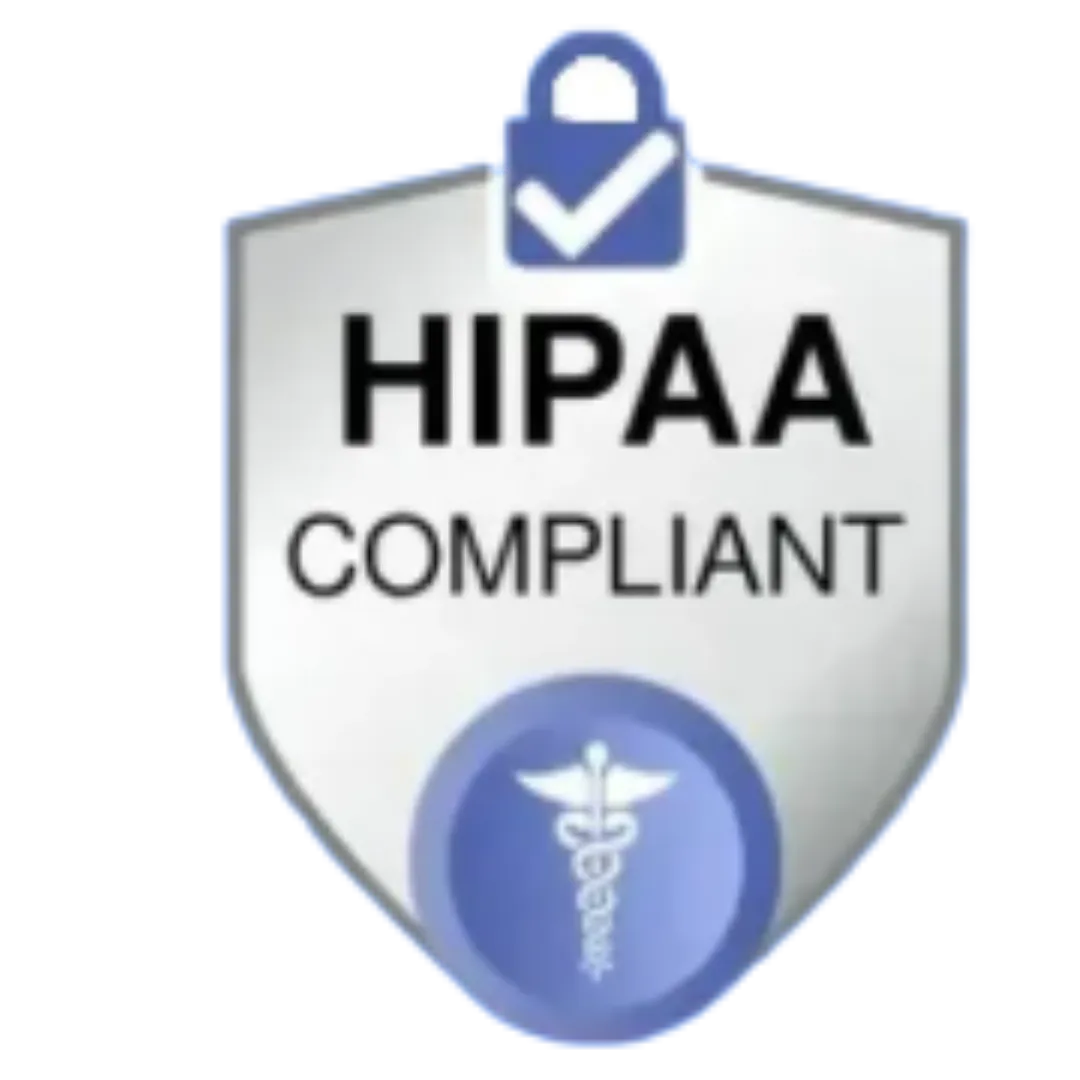
No More Missed Follow-Ups—Just Consistent Care with Automated Reminders from Funnel Cake MD
patient engagementautomation workflowsurveysautomationcommunication strategy
In today’s healthcare environment, effective care management is essential for delivering quality patient care while ensuring operational efficiency. Many facilities struggle with appointment no-shows, incomplete follow-ups, and inconsistent patient communication, all of which can negatively impact outcomes and increase administrative burdens. Funnel Cake MD Automated Reminders offer a solution by streamlining communication and enhancing, ultimately improving treatment adherence and operational efficiency. This article explores the benefits, key features, implementation strategies, measurement methods, challenges, and innovations of the Funnel Cake MD Reminder System, illustrating how these automated solutions integrate with existing healthcare information to improve outcomes.
Understand the Benefits of Funnel Cake MD Automated Reminders
Automated reminders from Funnel Cake MD ensure that patients receive timely alerts for appointments and follow-up care. By using advanced automation software to deliver messages via multiple channels, the system reinforces the importance of keeping scheduled visits. All of our membership options provide additional benefits.
Improve Patient Adherence Through Timely Notifications
Automated reminders are sent precisely when needed via text messages, emails, or in-app notifications. These alerts help reduce forgetfulness and encourage punctuality. The system’s customizable timing accommodates different patient schedules, ensuring a personalized care experience. Integrated with electronic health record portals and electronic health records, these reminders minimize human error in scheduling and improve adherence—critical for chronic care and long-term treatment success.
Reduce Appointment No-Shows With Effective Reminders
Funnel Cake MD Reminders decrease no-show rates by delivering clear, consistent communication through secure, multi-channel platforms. This leads to better revenue cycle management and efficient resource allocation such as optimized staffing and room availability. Additionally, reminders that include options for rescheduling help patients manage appointments proactively, reducing disruptions in care continuity.
Boost Efficiency in Care Management Operations
By integrating with existing healthcare IT systems, Funnel Cake MD Automated Reminders allow institutions to monitor appointment compliance and track patient communications through intuitive dashboards. Real-time data analytics combined with robotic process automation free up valuable administrative time, reduce errors, and contribute to a proactive care management culture that aligns with modern trends.
Explore Key Features of Funnel Cake MD Reminder System
The Funnel Cake MD Reminder System is built with innovative features designed to meet the varied demands of healthcare settings. Its flexible architecture supports multiple communication channels, extensive customization, and robust analytics, enhancing its overall effectiveness.
Customize Reminders to Fit Individual Patient Needs
Providers can tailor reminder settings to meet individual patient preferences. Options include varying reminder frequencies, selecting between SMS, email, or push notifications, and embedding personalized messages that reflect each patient’s care plan. Customization also allows for adjustments based on language, accessibility, or technological proficiency—ensuring every patient, whether elderly or tech-savvy, benefits from the overwhelmed.
Utilize Multiple Channels for Effective Communication
Funnel Cake MD Reminders leverage SMS, email, and mobile app notifications to reach patients through their preferred device. This multi-channel approach increases the likelihood of information receipt and ensures redundancy should one channel fail. Studies suggest that reinforcing appointment details through several channels helps improve overall attendance rates.
Track and Analyze Reminder Effectiveness Over Time
The system features comprehensive analytics that provide insights into key metrics like open rates, click-through rates, confirmation numbers, and rescheduled appointments. These reports allow healthcare administrators to assess the effectiveness of and make data-driven adjustments—such as optimizing notification timing—to enhance patient responsiveness and overall operational performance.
Implementing Automated Reminders in Healthcare Settings
Successful implementation of automated reminders requires a systematic approach that includes assessing existing processes, ensuring smooth integration with current systems, and adequately training staff. automation workflow.
Assess Current Processes for Room for Improvement
Before introducing a new automated reminder system, healthcare providers should evaluate current scheduling and communication practices. Analyzing historical appointment data and gathering input from staff and patients can help identify bottlenecks or gaps where manual processes fail. This assessment sets measurable targets, such as reducing a 35% no-show rate by is implemented.
Integrate Funnel Cake MD With Existing Systems
Seamless integration is key. Funnel Cake MD Automated Reminders work with electronic health records (EHR), patient portals, and scheduling software, ensuring that patient data remains synchronized. This interoperability minimizes disruptions, allows staff to work with familiar interfaces, and updates patient appointment data in real time, reducing conflicts and errors. Automated Reminders
Train Staff to Utilize Automated Reminders Efficiently
Comprehensive training is essential to maximize the benefits of the system. Training sessions should cover managing message templates, interpreting analytics dashboards, and troubleshooting common issues. Regular refresher courses and internal guides help staff remain proficient and comfortable with system updates, fostering a culture of efficiency and proactive patient management.
Measure Success of Care Management With Reminders
Effective measurement of automated reminder success is crucial. By setting clear metrics, collecting patient feedback, and adjusting strategies based on performance data, healthcare organizations can continuously improve their reminder automation workflow.
Set Clear Metrics for Tracking Effectiveness
Key performance indicators (KPIs) such as appointment adherence rates, no-show reductions, cancellations, and patient satisfaction scores should be defined. Establishing a baseline (e.g., a current 35% no-show rate) and then setting targets—such as a 25% reduction within six months—allows for clear comparisons. Electronic health record dashboards simplify tracking these metrics and enable rapid forms and surveys
Collect Patient Feedback for Continuous Improvement
Gathering direct patient feedback through surveys, SMS polls, or in-person follow-ups provides qualitative data that supplements quantitative metrics. This feedback helps pinpoint issues such as overly frequent messaging or technical glitches, enabling timely refinements to the
Adjust Strategies Based on Performance Data
Healthcare institutions should regularly review reminder performance. When data indicates that certain channels are more effective (for example, SMS versus email), resources can be realigned accordingly. Continuous adjustments based on real-time data help maximize patient adherence and operational efficiency while maintaining clear, effective communication. forms and surveys
Overcome Challenges in Care Management Automation
Despite the advantages of automated reminder systems, organizations must address several challenges to ensure sustained success.
Address Common Technical Issues During Implementation
Implementing automated reminders can involve challenges such as software integration errors, synchronization issues, and occasional downtime. Establishing a robust technical support system—including regular audits, stress tests, and defined troubleshooting procedures—helps preempt these challenges. Ensuring strong network security and backup systems further minimizes disruptions.
Ensure Patient Privacy and Data Security Compliance
Handling patient data requires strict adherence to privacy regulations like HIPAA. Funnel Cake MD ensures secure data storage via advanced encryption, controlled access, and regular security audits. Frequent staff training on data security best practices also helps maintain a secure environment while providing transparency to patients about how their data is managed. Funnel Cake MD privacy policy
Manage Staff Resistance to Automated Solutions
from manual to automated systems can meet resistance from staff. Overcoming this requires clear communication of the benefits, comprehensive training, and support from early adopters who can champion the new system internally. Creating open channels for automation workflow improves and helps staff adjust to the office workloads.
Stay Up-to-Date With Innovations in Care Management
Healthcare technology evolves rapidly, and staying informed about new innovations is vital for maintaining competitive and effective care management strategies. new innovations
Attend Webinars on New Care Management Technologies
Participation in webinars offers exposure to the latest trends, expert insights, and case studies on emerging technologies, including updates to systems like Funnel Cake MD Reminders. Regular attendance helps technical and administrative teams stay informed and confident in their approach to electronic health record engagement.
Follow Industry Trends to Adapt to Changes
Keeping abreast of developments in artificial intelligence, cybersecurity, and mobile-based patient engagement allows healthcare providers to adjust their strategies. Following reputed industry journals, associations, and thought leaders ensures that care management practices remain modern and effective.
Engage With Peer Networks for Idea Exchange
Networking through professional online communities and local consortiums facilitates the sharing of best practices and innovative ideas. Peer discussions not only help troubleshoot technical issues but also drive collaborative improvements in patient communication and overall care management.
Final Thoughts
Funnel Cake MD Automated Reminders significantly transform care management by improving patient adherence, reducing appointment no-shows, and streamlining operational workflows. Its key features, including customizable notifications, multi-channel communication, and robust analytics, enable measurable improvements in patient engagement and efficiency. Addressing challenges such as technical integration, data security, and staff resistance—while continuously innovating through industry trends—solidifies the role of automated reminders as a cornerstone of modern healthcare management.
Frequently Asked Questions
Q: How do automated reminders improve patient adherence? A: They deliver timely notifications via multiple channels, reducing forgetfulness and encouraging patients to honor their appointments, which enhances overall health outcomes.
Q: What channels are used by Funnel Cake MD Automated Reminders? A: The system uses SMS, email, and mobile app notifications to ensure that messages reach patients through their preferred communication methods.
Q: How can healthcare organizations measure the effectiveness of automated reminders? A: Effectiveness is gauged through KPIs such as appointment adherence, reduction in no-shows, and patient satisfaction scores, with data tracked via integrated dashboards.
Q: What are the main technical challenges during the implementation of automated reminder systems? A: Challenges include software integration errors, synchronization issues, and occasional downtime, which can be mitigated through robust support frameworks and regular system audits.
Q: How does the system ensure patient privacy and data security? A: By using advanced encryption, secure data storage, strict access controls, and regular security audits that comply with HIPAA and other regulations.
Q: How can staff resistance to automated solutions be managed? A: Through comprehensive training, clear communication of benefits, involvement of early adopters, and establishing feedback loops to address concerns.
Q: Why is it important to stay up-to-date with care management innovations? A: Because it enables organizations to adopt new technologies that enhance patient engagement, improve workflows, and keep pace with a rapidly evolving digital healthcare landscape.
